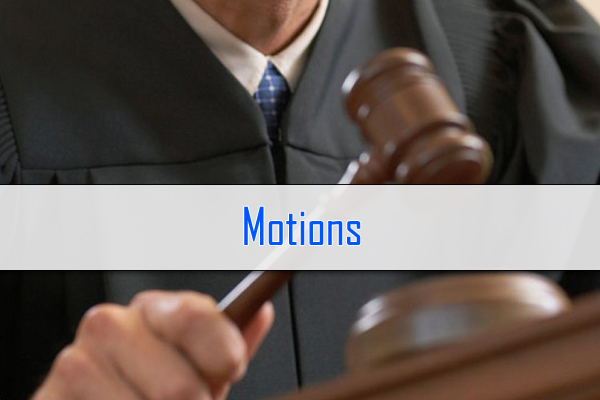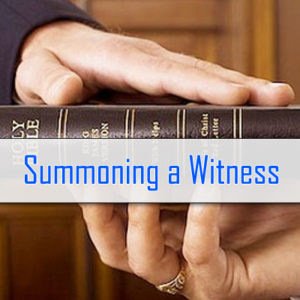Motions
$15.00
A motion is a legal device to obtain a ruling or an order from the court/judge. A motion could be brought at any time during the course of your legal proceeding. A motion usually deals with issues that are ordinarily not dealt with during the usual steps of the small claims court proceeding. Because a motion could be used in a large variety of circumstances, its overall purpose is better understood by way of an example. Imagine that the other party in your case has a relevant piece of evidence that helps your case. Ordinarily, they are required to provide a copy of this evidence under the small claims court rules, but in your case, they have ignored the court rules. Since this evidence is important to your case, you can bring a motion before the court and ask for an order that the other side is compelled to produce that evidence. Another example could be that your trial date is set, but you want to postpone the trial to another day because you are sick. You request the other side to agree to a postponement of trial, but they disagree. To postpone your trial, You will now have to bring a motion to the court and ask for the postponement. As you can see from these examples, there could be variety of unanticipated issues that may arise during the course of your legal proceeding – a motion is a tool to deal with such matters.
This course provides guidance on bringing a motion in small claims court: what forms to complete, what fees to pay and how to argue your motion.





Reviews
There are no reviews yet.